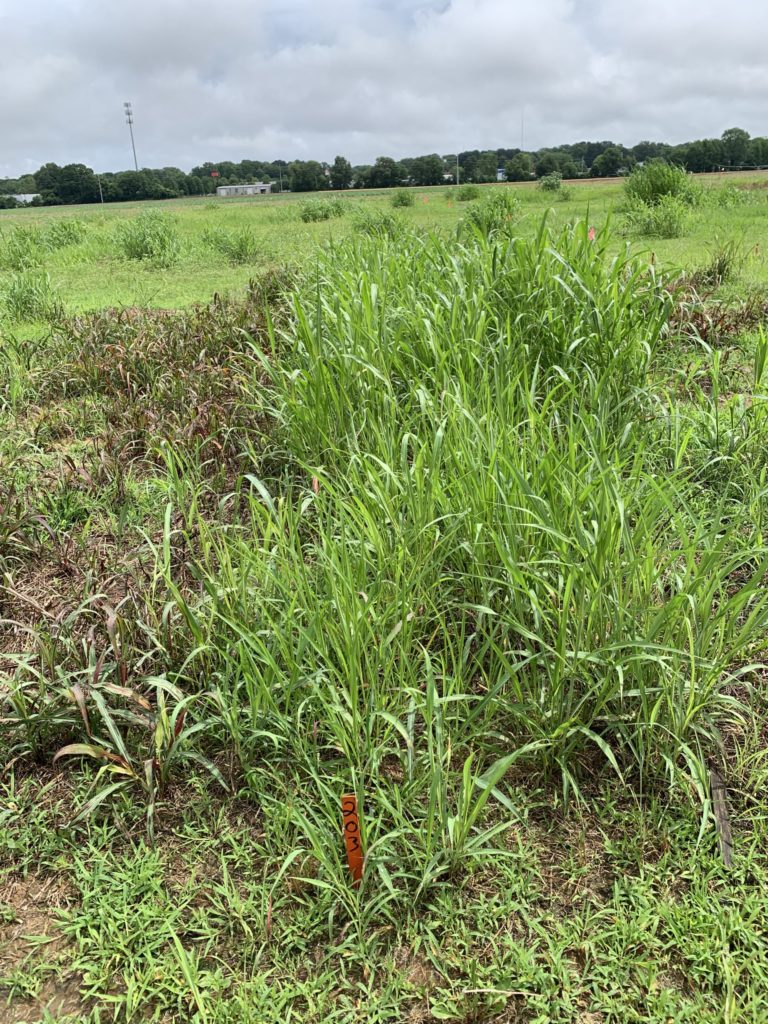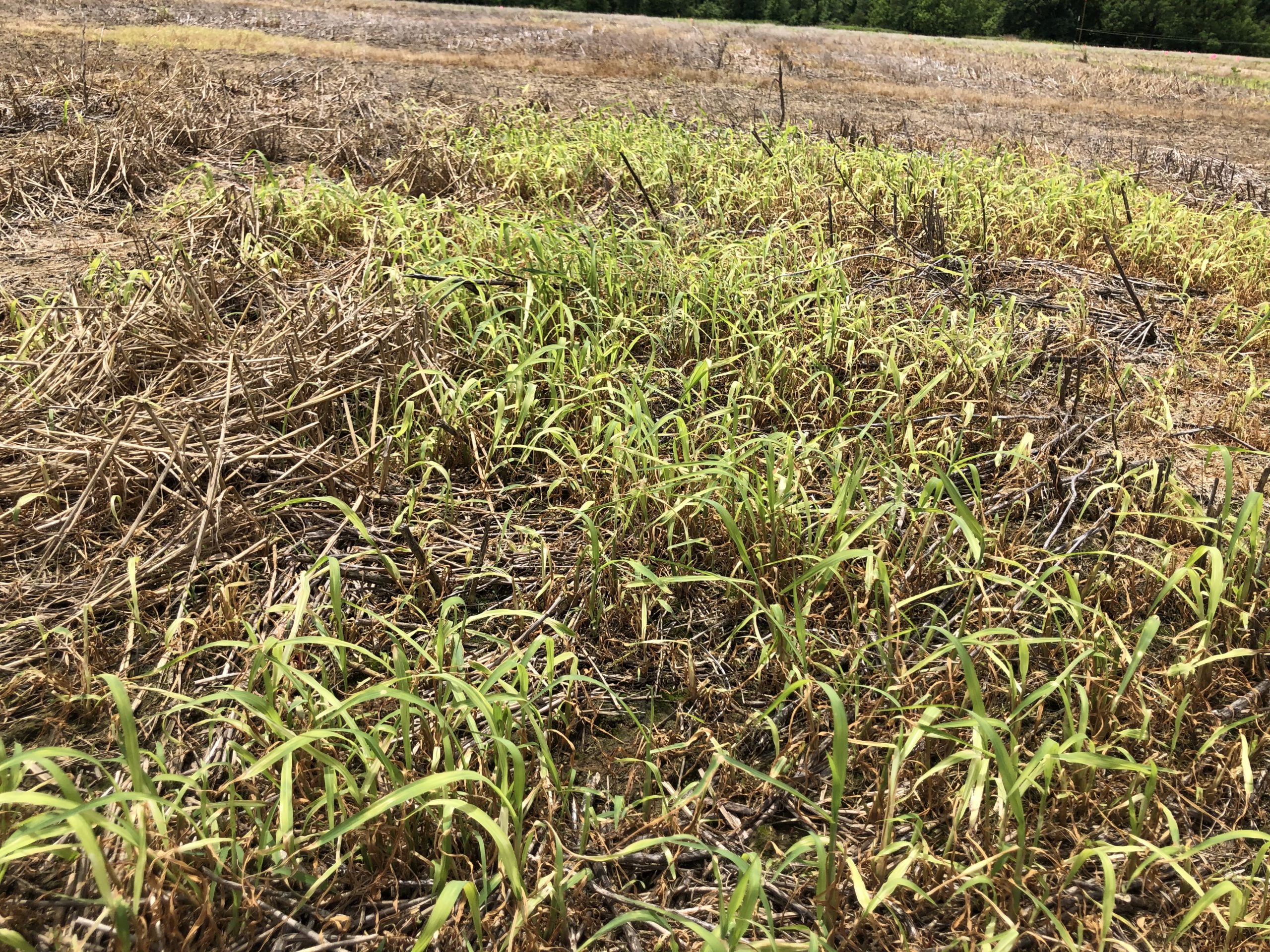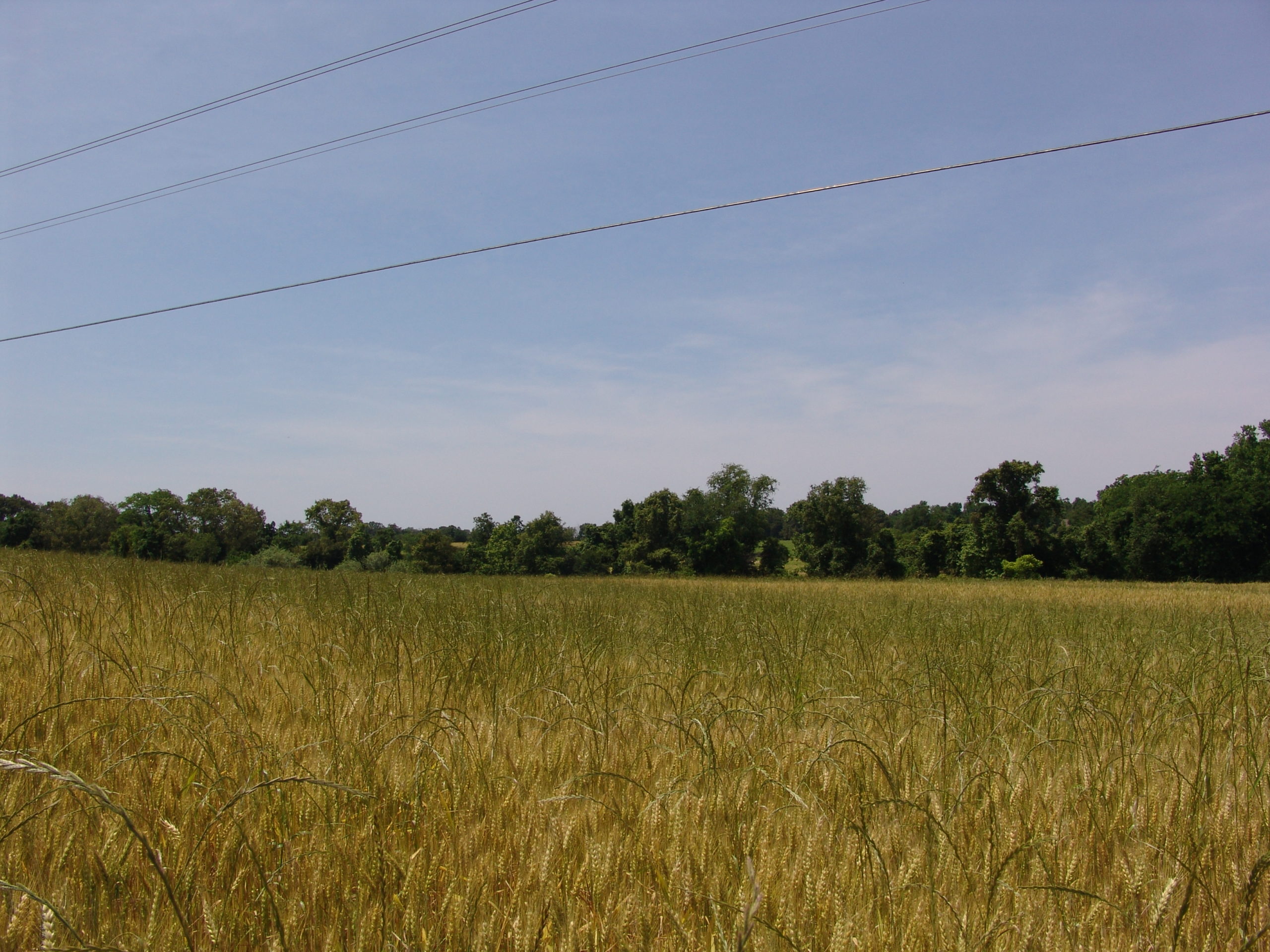Dear Colleagues
The University of Tennessee Weed Tour has been cancelled. Due to the covid-19 virus no large groups are allowed to visit a University research station. Since we cannot have an in-person tour, we plan to post some short videos on the UT Crops News Blog highlighting some of the more interesting research from this summer.
Thanks,
Larry Steckel



